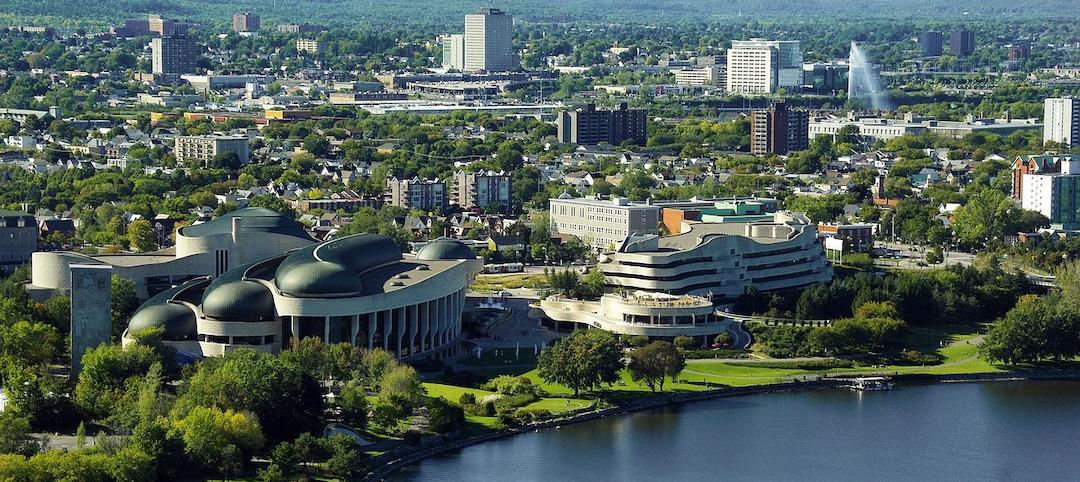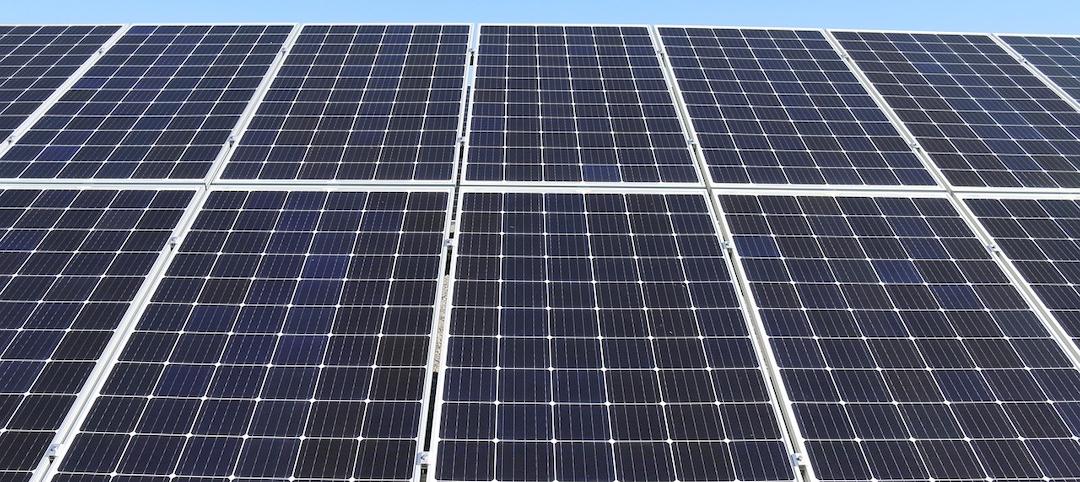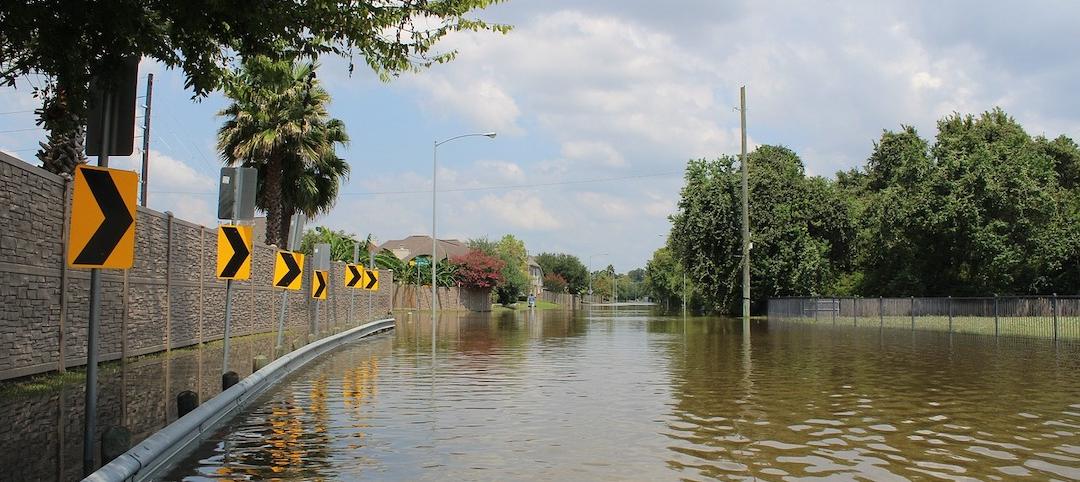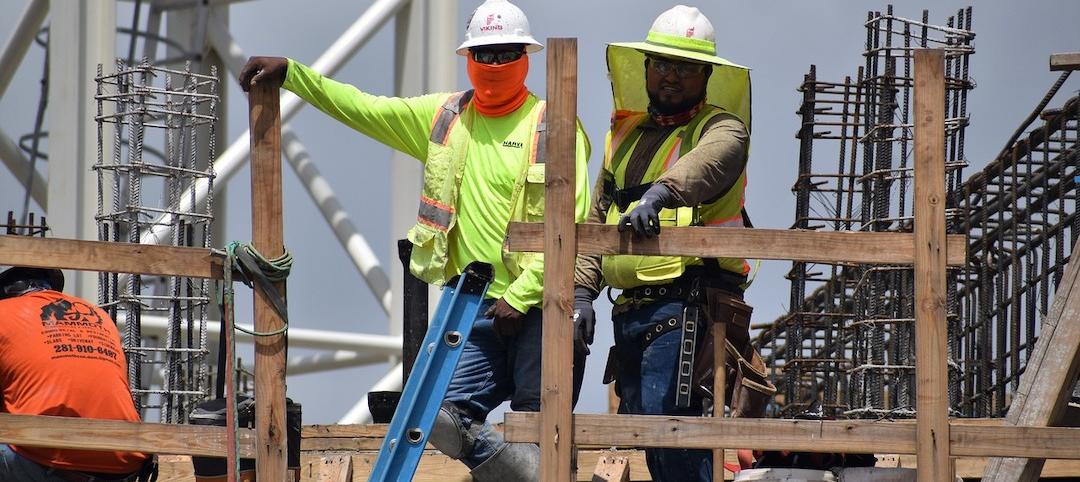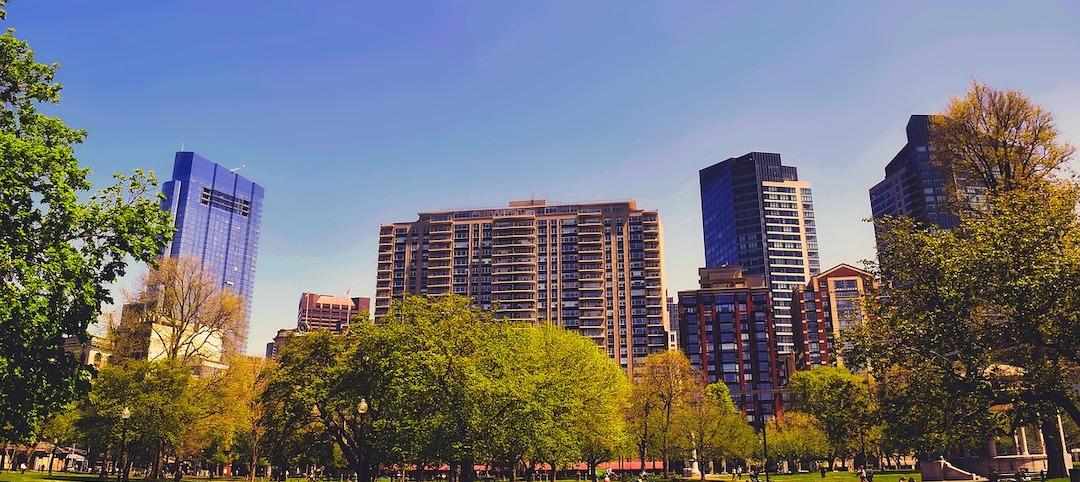The Washington D.C. Council recently passed legislation that will make it more expensive for owners to hold vacant or blighted property.
The Vacant Property Enforcement Act of 2016 reduces the maximum amount of time a vacant property can qualify for an exemption from higher vacancy tax rates. It also closes a loophole that allows continuous renewal of construction permits to qualify for tax exemptions, and require owners of vacant properties to prove they are no longer subject to the higher tax rates.
"The District has a substantial number of vacant properties, many of which are poorly maintained,” the bill report says. "Property owners may keep their properties vacant or fail to maintain them because they expect property values to rise over time. Poorly maintained and vacant properties can damage surrounding communities by being eyesores, by serving a venue for drug use and by providing a home for rodents or other animals. The net effect is to reduce the feeling of a cohesive community and depress surrounding property values."
The legislation reduces the time an owner can claim an exemption from higher taxes because of construction to one year for residential properties and to two years for commercial properties. Fines for failing to comply with city property regulations will rise from $1,000 to $5,000.
Related Stories
Codes and Standards | Jan 19, 2022
Canada’s Trudeau seeking building codes changes, net-zero emissions building strategy
Prime minister also wants net-zero electricity grid by 2035.
Codes and Standards | Jan 18, 2022
Greater emphasis on building materials needed to achieve net-zero carbon offices
Engineered wood, straw, and bamboo can be keys to achieving goal.
Codes and Standards | Jan 17, 2022
AISC seeks comments on draft earthquake standard for steel buildings
Includes new limits for cross-sectional slenderness of steel columns based on latest research.
Codes and Standards | Jan 12, 2022
California’s wildfire building code significantly reduces structural loss
As other states consider upgrading their codes, Golden State provides useful model.
Codes and Standards | Jan 12, 2022
Regulator holding back climate-friendly, energy-saving equipment deployment, critics say
Heat pumps, solar power could be made more accessible for low-income communities in Massachusetts.
Codes and Standards | Jan 11, 2022
Cost hikes drive nearly one million renters out of homeownership qualification in 2021
Household income needed to pay a mortgage rose to $62,872 from $55,186.
Codes and Standards | Jan 10, 2022
New ratings services focus on climate risk for homeowners
Efficacy of models used in risk assessment varies.
Codes and Standards | Jan 6, 2022
Virginia contractors having a tough time finding diverse subs to meet state goals
Survey of primes may indicate similar issues at federal level.
Codes and Standards | Jan 5, 2022
Boston drops parking requirements for affordable housing
Measure expected to spur new projects.
Codes and Standards | Jan 4, 2022
Dept. of Energy Better Climate Challenge aims for 50% GHG emission reduction by 2030
Program offers technical assistance and peer-to-peer knowledge sharing.



